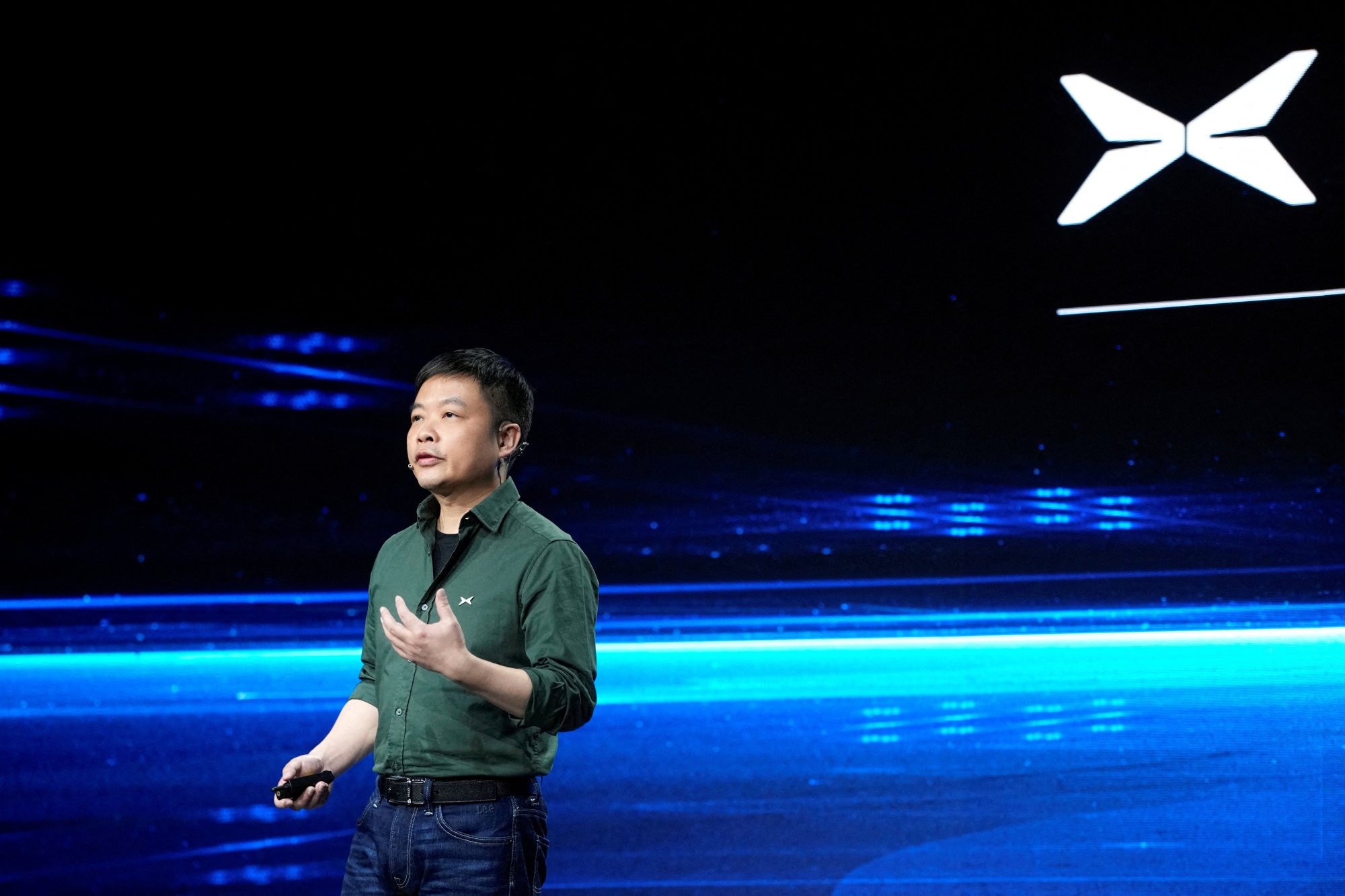“Since the first quarter of this year, there has been an industry-wide price war, which has been growing increasingly fierce,” He Xiaopeng, chairman and CEO, said during a company conference call on Tuesday. “Several EV start-ups have been forced to wind down their operations and certain renowned technology companies have terminated their investment in the auto business [as a result].
“Looking beyond short-term challenges, Xpeng is about to embark on a major product cycle. We plan to launch more than 10 brand new models over the next three years.
“We will continue to lead the innovation of autonomous driving technology, making it affordable and accessible to a much broader customer base.”

EVs with intelligent features such as autonomous driving systems and smart cockpits have captured the imagination of drivers, who along with a push by the Chinese government, have driven a surge in the sales of New-energy vehicles (NEVs), an umbrella term for battery-electric vehicles, plug-in hybrids and fuel-cell vehicles.
China recorded the sale of 30.09 million cars last year, maintaining its position as the world’s largest automotive market. NEVs represented about 35 per cent of total sales, a significant increase over their 25 per cent share in 2022.
Xpeng’s plans for cost reduction through technology and engineering as well as operational improvements have begun to bear fruit, the carmaker said. “Our vehicle margins increased by around 10 percentage points quarter-over-quarter in the fourth quarter,” said Brian Gu, Xpeng’s honorary vice-chairman and co-president. “By the end of 2023, our total cash on hand exceeded 45 billion yuan. [This] robust capital base bolsters our confidence to achieve high-quality and fast growth in a competitive environment.”
Nvidia expands ties with Chinese EV makers as auto AI race heats up
Nvidia expands ties with Chinese EV makers as auto AI race heats up
Xpeng delivered 60,158 vehicles in the fourth quarter, according to the carmaker. This number represents an almost 50 per cent increase from the 40,008 vehicles it sold in the previous three-month period, and nearly triples the 22,204 cars it sold in the same quarter in 2022.
Due to the faster-than-expected growth in EV sales, the Chinese government announced a more ambitious target in January of having NEVs make up 45 per cent of all new car sales by 2027. In 2020, it originally set targets of 40 per cent by 2030 and 50 per cent by 2035.
However, the country’s leading EV players have seen a slowdown in sales since the start of the year.
Xpeng eyes slice of mass-market segment with launch of cheaper models
Xpeng eyes slice of mass-market segment with launch of cheaper models
Shanghai-based Nio delivered 8,132 vehicles in February, a 19 per cent month-on-month decline that followed a drop in January of 44.2 per cent. Beijing-based Li Auto delivered 20,251 vehicles last month, a 35 per cent month-on-month decline that followed a 38.1 per cent drop in January.
Xpeng delivered 4,545 cars in February, almost half the 8,250 EVs delivered in January.
Its chairman, however, said the carmaker, which will celebrate the 10th anniversary of its founding this year, will also enter more international markets. “We will continue to expand our scale and strengthen our technology leadership, as well as accelerate the commercialisation of our industry-leading technologies,” He said.
Xpeng’s significant gross profit margin improvement was a bit unexpected, especially considering the price war, said Phate Zhang, founder of Shanghai-based EV data provider CnEVPost.
The carmaker’s performance in the first quarter of 2024 is expected to decline due to the Lunar New Year holiday and upgrades at its factory in Zhaoqing, a city in China’s southern Guangdong province, he added.
“I believe deliveries might start to improve significantly from the second quarter, and the gross profit margin will continue to improve with the delivery volume of the X9, Xpeng’s most expensive model,” Zhang said.


